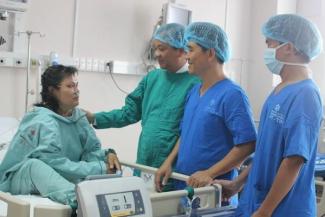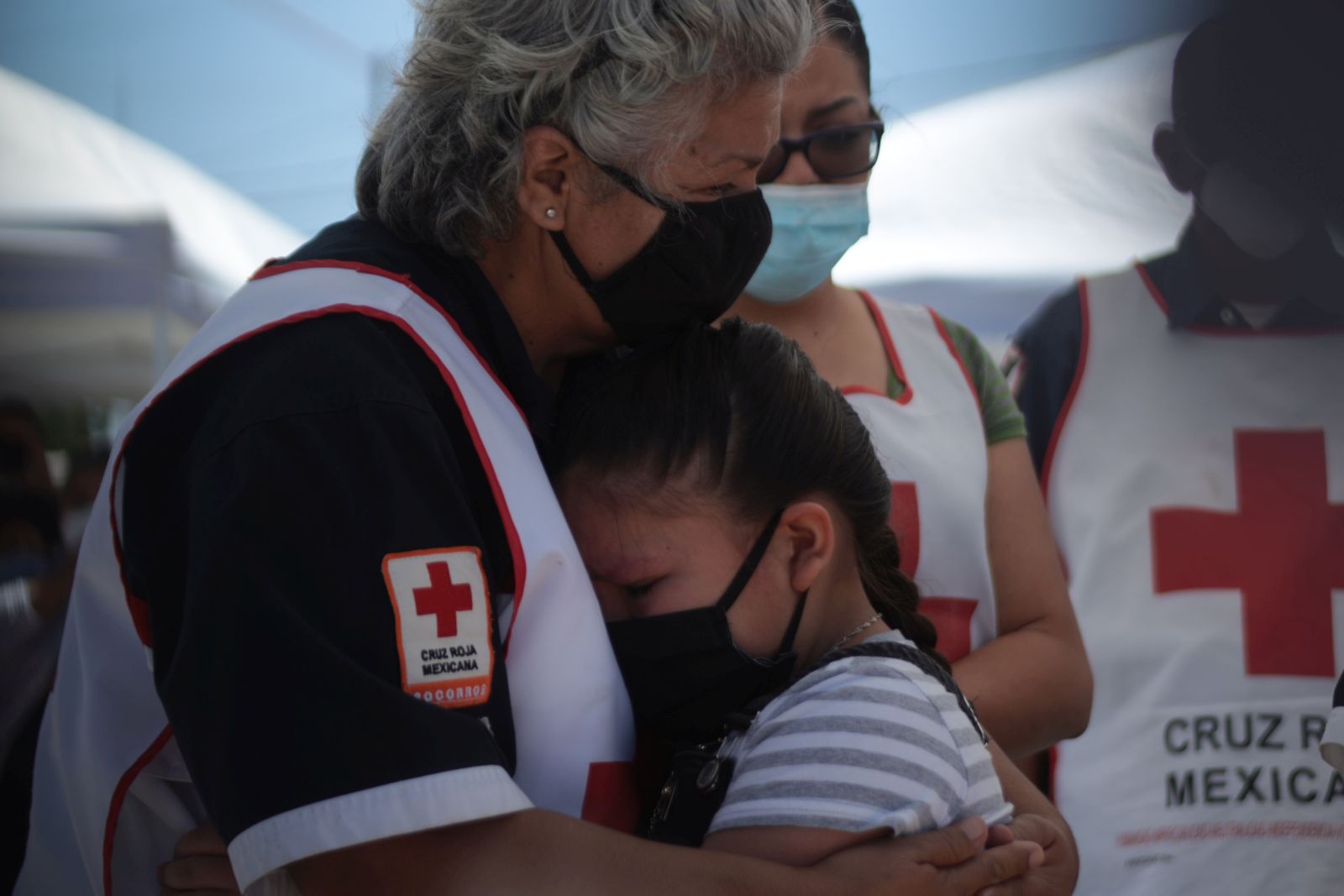Migration
Shared standards

The heads of state and government from around 190 member nations are set to sign the compact at a summit in Morocco in December. The USA and Hungary are not on board, however, and whether Australia would join was not yet clear when this e-Paper was finalised in late September.
The compact is an important milestone nonetheless. “It feels like a miracle that the compact has been concluded at all,” says Steffen Angenendt, a scholar, who specialises in migration issues. At a conference hosted by VENRO, the umbrella organisation of Germany’s developmental and humanitarian non-governmental agencies, in Berlin in September, he pointed out that international cooperation often proves difficult and that migration triggers resentment in many places.
The compact emphasises that migration, if appropriately managed, results in developmental opportunities. The compact lists 23 goals that serve to control migration more stringently, whilst boosting regular migration. An important precondition is to increase investments in education and skills training. Participants in the VENRO event, however, warned that brain drain is a real risk and should be prevented, particularly in the health sector.
Another compact goal is to make migrants’ monetary transfers to their countries of origin faster and safer. Yet another goal is to facilitate returning home safely and reintegration into society. Members of migrants’ organisations point out, however, that migration is often circular, with individuals travelling several times in either direction.
From a developmental point of view, the second goal is particularly important. It is to tackle what causes people to flee. It is important to reduce hardships that cause people to leave their homes. At the same time, the compact stresses that migrants and diaspora committees can contribute to the achievement of the Sustainable Development Goals (SDGs), and that such efforts deserve support.
Civil-society organisations appreciate that the compact is not only based on human rights and is even geared to protecting vulnerable population groups. Meike Riebau of Save the Children welcomes the fact that children’s rights are mentioned explicitly. Moreover, the compact demands the protection of all people, regardless of their legal status in any given country.
On the other hand, civil-society activists bemoan that the compact basically serves the interests of the global north. They demand that host countries and countries of origin must cooperate at eye level to implement the new standards. In this context, goal 23 should prove useful: it is international cooperation and global partnerships on safe, orderly and regular migration.
Like the Paris Agreement on Climate Change, the new compact is not legally binding. It does not restrict national sovereignty in any way, since governments decide for themselves how to implement the compact.
Migration scholar Angenendt says it remains to be seen what impact the new global agreement will have in practice. In his eyes, it is a compromise that reconciles the diverging interests of many UN member countries. For success to become measurable, it is necessary to define targets and policies. Moreover, clear timelines are needed. “Without deadlines, nothing ever happens,” the scholar says.
Reference
Global compact for safe, orderly and regular migration (draft):
https://www.un.org/pga/72/wp-content/uploads/sites/51/2018/07/180713_Agreed-Outcome_Global-Compact-for-Migration.pdf








